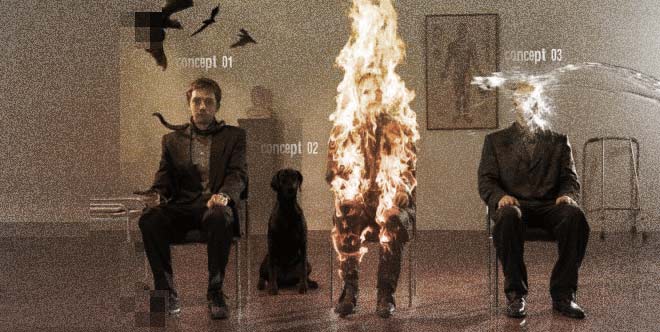
The world doesn’t need another f*#@ing ★★ insert your idea here ★★ .
This statement is something that you need to hear.
You need to pin that on your wall and look at it every day.
Because that’s how people feel.
Let that drive you to prove everyone wrong.
Someone I’ve known for a long time, who I highly respect, wrote these words in an email recently, in response to a business plan written by someone else both of us know —an entrepreneur who asked for critical feedback on a startup proposal. This entrepreneur had spent nearly a decade thinking seriously about the subject area.
“This idea has been done before and the world really doesn’t need it” was among the feedback. Entrepreneurs, this is the default response you’ll probably hear when embarking on a new venture.
“Convince me otherwise”, potential stakeholders will likely challenge —not because they want to see you fail or they want to just shoot down your idea for the hell of it.
No. Chances are quite good someone has already thought of your super-amazing incredibly ground-breaking-revolutionary-innovative idea. So you’ll need to prove the naysayers wrong.
Potential investors will want to know what you’ll do to differentiate from brand leader X; how your product or service will out-innovate the countless other reams of competitor offerings you’ll be facing.
Focus more on the ‘why‘ over the what, as a way to find your market niche.
So, when re-writing your business plan for the ~100th time, it might be helpful to imagine pitching your idea on the Dragon’s Den (Shark Tank if you’re in the U.S.) —what would Kevin O’Leary think about your idea?
By some estimates, the number of business start-up failures can be anywhere from 30 to 95% depending on how failure is defined. Fail faster and more often has become a popular mantra in the tech and creative industry of late, but also the word “no”. When people say “no” a smart entrepreneur will learn from the experience and adapt accordingly.
Tenaciousness is likely the one outstanding character trait that separates the average entrepreneurs from the great ones. So entrepreneurs, get used to hearing the word “no”.
Steve Jobs was famous for his use of the word “no” which, over the years, effectively killed off hundreds, perhaps even thousands of product concepts and ideas he deemed too inferior to pursue.
But don’t let all this talk of killing ideas prevent you from pushing forward. What matters is perseverance:
Ideas are relatively worthless without a need, passion, opportunity, execution, team work, and follow-through.